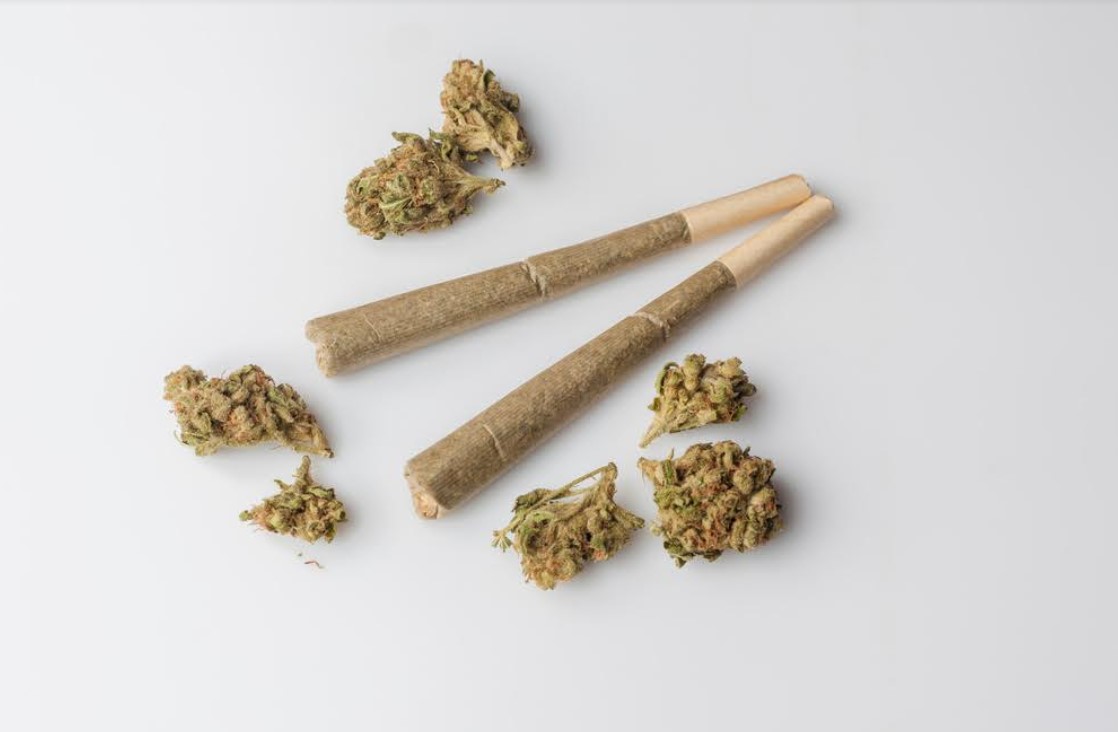
The types of studies people will undertake never cease to amaze. If grant money is available, researchers will study just about anything. A recent case in point is a study out of the University of Iowa’s College of Business. It sought to examine the effect of medical cannabis legalization on car insurance rates.
Surprise, surprise! Guess what researchers discovered? They discovered that car insurance rates decrease in states where medical cannabis is legal. The most noticeable drops were observed within close proximity to medical cannabis pharmacies and in regions with high rates of drunk driving.
Six Years of Data
The researchers apparently looked at six years of data spanning 2014-2019. They looked at vehicle crash data and insurance rates during the studied period. According to their data, drivers in states with legal medical marijuana enjoyed a rate reduction of $22 annually.
I find that especially fascinating because I live in a state with legal medical marijuana. It was made legal here a few years ago. Unfortunately, my car insurance rates continue going up year after year. And I am a safe driver, by the way. I have never filed an accident claim and I haven’t gotten a ticket of any kind in close to 35 years. So why haven’t my rates gone down?
Medical Cannabis Replacing Booze
In search of an explanation for their findings, researchers surmised that people who have access to medical cannabis are less likely to use booze. In addition, marijuana users are allegedly less likely to get behind the wheel while impaired due to “cannabis’ side effects.”
On the other hand, alcohol users are more likely to drive while impaired. They do not feel like they are impaired, so they are more willing to take risks. Alcohol consumers are more likely to consume at bars and restaurants while cannabis users are more likely to consume at home, researchers contend. And if that’s true, there are more opportunities for drunks to drive.
The Correlation and Causation Problem
It is entirely possible that making medical cannabis legal at the state level really does reduce accidents and, as a result, lead to car insurance rate decreases. But this study certainly doesn’t prove it. It suffers from what so many studies of this type suffer from: a correlation and causation problem.
Noticing a link between two patterns does not mean that one caused the other. Just because car insurance rates decreased in some states that legalized medical cannabis does it mean that medical cannabis legalization was responsible for the decreases. Indeed, insurance companies calculate rates using a complicated formula that takes into account far more than just DUI data.
Don’t Drive Impaired
Regardless of correlation and causation, no one should ever drive while impaired by any substance. Whether it is state-legal medical cannabis purchased at a licensed pharmacy or booze consumed in a bar, substances with the ability to impair are a no-go for anyone who plans to drive.
As a side note, the folks at the Deseret Wellness medical cannabis pharmacy in Park City, UT, say it’s not likely that patients will sit in their cars and consume medical cannabis prior to driving home. Any that would need the same warning: do not drive impaired. Ever.
As for the insurance rate issue, it is hard to believe that state-legal marijuana is directly responsible for cheaper car insurance. The link seems week, at best. Perhaps a more in-depth study could prove the link valid at some point. But right now, it’s a pretty big stretch to tout cheaper car insurance as yet another benefit medical cannabis brings into play.
